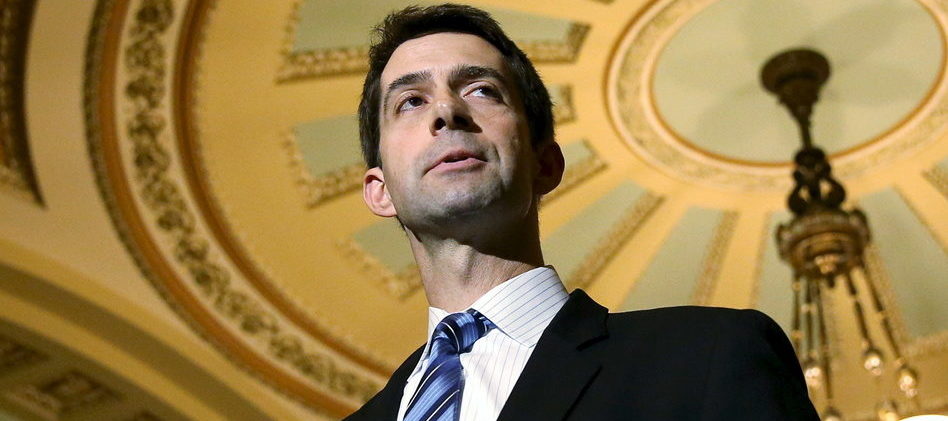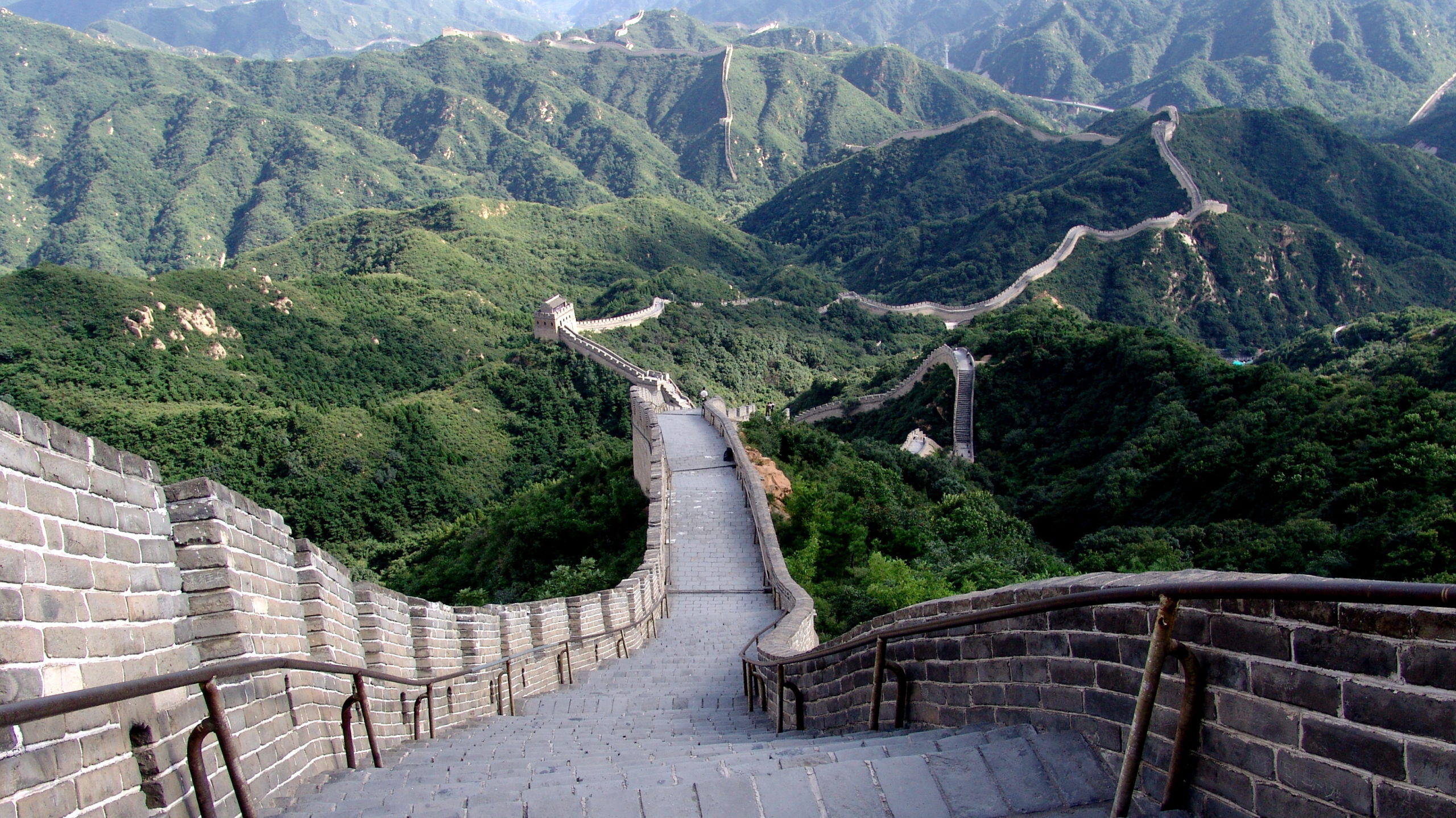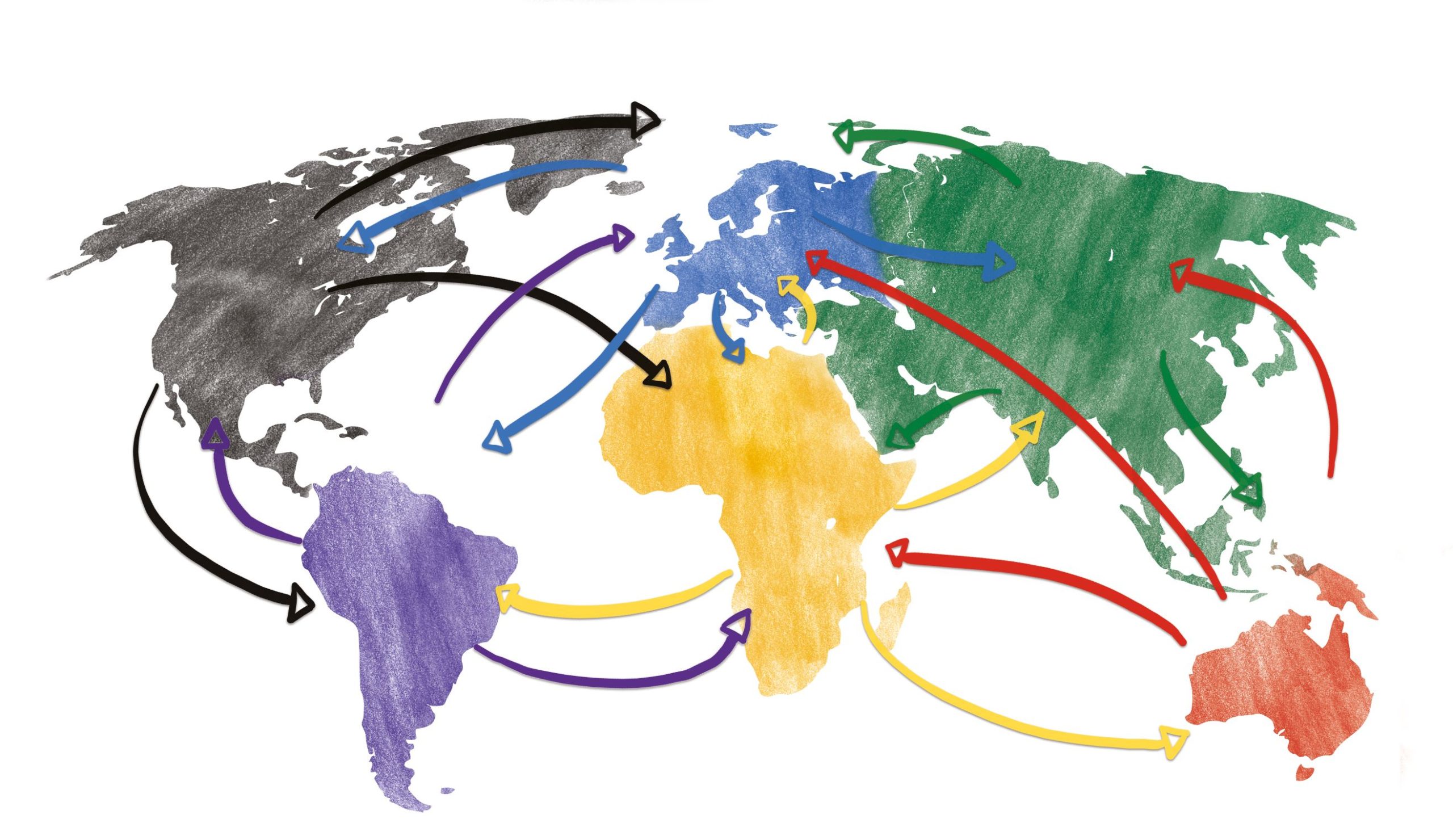Another Kind of Redistribution: The Case for a Job Guarantee Program
Recent posts from Sam Hammond , Ed Dolan, and Oren Cass, have opened a very thoughtful debate on the role of redistribution in a future economic agenda. They rightly observe the corrosive effects of mindlessly expanding redistributive policies without addressing many of the flaws in our current system that give rise to the need for such redistribution in the first place.
















